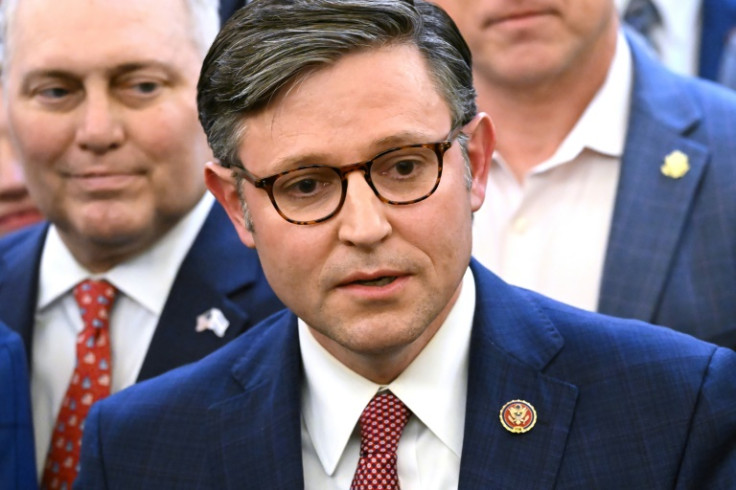
House Republicans failed on Wednesday to avert a federal shutdown, as a bill put forward by Speaker Mike Johnson did not get enough votes to move to the Senate.
The bill, however, was set to fail from the beginning: it linked temporary funding for the federal government with a mandate to require proof of citizenship for people looking to register to vote, something that wouldn't have passed in the Democratic-controlled Senate.
Next steps are not clear as lawmakers are far from completing the appropriations bills needed to fund the federal government through the next fiscal year. This means they need to approve a stopgap measure before October 1, when the fiscal year begins.
House Speaker Mike Johnson said he was "disappointed" with the result (220-202, with 14 Republicans opposing the bill) and will pursue an alternative, although he did not provide details about it.
"We'll draw up another play and we'll come up with a solution," Johnson said. "I'm already talking to colleague about their many ideas. We have time to fix the situation and we'll get right to it."
Former President Donald Trump discussed the issue hours before the vote, saying that if "Republicans don't get the SAVE Act, and every ounce of it, they should not agree to a Continuing Resolution in any way, shape, or form," seemingly encouraging a partial shutdown.
Republicans have been claiming there is a high risk of noncitizens voting in the next elections, with Johnson calling the issue "very serious stuff" and saying "we're going to responsibly fund the government and we're going to stop noncitizens voting in elections."
Different GOP-led states are taking measures they say seek to prevent that from happening. Measures include voter roll purges, filing lawsuits, organizing on-the-ground monitoring of polling places, and spreading information online. And, although there is no indication that noncitizens are voting in large numbers, the narrative seems to be making an impact, as Republican elected officials have responded to these concerns. In Texas, for example, Attorney General Ken Paxton announced an investigation into whether organizations were registering noncitizens to vote, authorizing state police to search the homes of activists involved in registering Latino voters.
Studies have repeatedly found that a relatively small number of noncitizens make it onto voter rolls, and a far smaller number cast ballots. A recent analysis published by the Cato Institute found that the number of votes cast by noncitizens discovered through state audits in 2016 ranged from three in Nevada, out of over a million votes cast, to 41 in North Carolina, where nearly five million votes were cast. The study by the institute also concluded:
"The more people believe elections are rigged, the more they are likely to turn their discontents in a direction other than electoral politics. Some will go the passive route of resignation, withdrawing from civic involvements, making themselves the perfect subjects for strongman rule. Others will turn to militia activity or outright violence."
© 2025 Latin Times. All rights reserved. Do not reproduce without permission.






